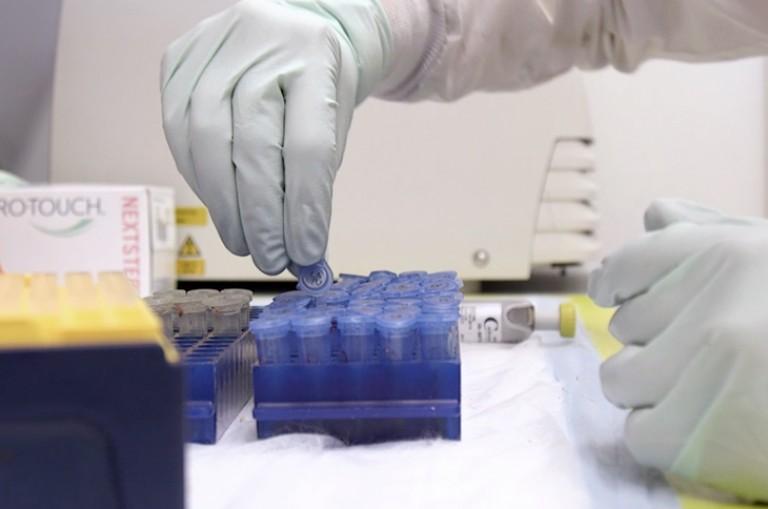HIV Vaccine Takes Step Forward with Confirmation of Neutralizing Antibodies
A research team led by the Duke Human Vaccine Institute has activated specific immune cells that induce broadly neutralizing antibodies in a study using monkeys. The next phase of the work will now move to testing in humans.
Shah Named Associate Dean for Translational Research
Svati H. Shah, MD, MS, MHS, has been named associate dean for translational research, effective immediately.
Sherilynn Black, Trailblazer
The Duke Centennial Celebration highlights Trailblazers, the faculty and staff leading Duke into the next one hundred years.
World’s First Partial Heart Transplant Proves Successful in First Year
The world’s first partial heart transplant has achieved what researchers have spent more than a year hoping for -- functioning valves and arteries that grow along with the young patient.
Study of Duke Heart Attack Patients Finds Definitive Benefit of Cardiac Rehab
An analysis from Duke Health offers definitive evidence for heart attack patients or those who have had procedures to clear blockages: Cardiac rehab saves lives and keeps people out of the hospital -- no matter their age, sex, education level, income level or race.
Probiotics Reduce COVID Symptoms and Delay Disease Among Unvaccinated
Probiotics, specifically lactobacillus, demonstrated significant ability to delay a COVID infection and reduce symptoms among a group of unvaccinated people who had been in contact with someone in their household diagnosed with COVID.
School of Medicine Faculty Elected to American Society for Clinical Investigation
Four Duke University School of Medicine faculty members are among the 100 researchers elected to the
Duke Co-Hosts National Forum on the Role of Health Professionals in Responding to Misinformation
The two-day forum was jointly hosted by nonprofit research organization RTI International, Duke University School of Medicine, the Duke Clinical and Translational Science Institute, and the Coalition for Trust in Health and Science.
Mary E. Klotman's Friday Message and Conversation with Brian Southwell, PhD
Mary Klotman, MD, speaks with Dr. Southwell about medical information and misinformation, and tools to improve communication between doctors and their patients.
Duke Health Signs Pledge for Ethical, Responsible AI in Health Care
Duke Health is among a leading group of health systems and payers from across the U.S. to sign a pledge advancing ethical and responsible use of Artificial Intelligence technology in health care.









